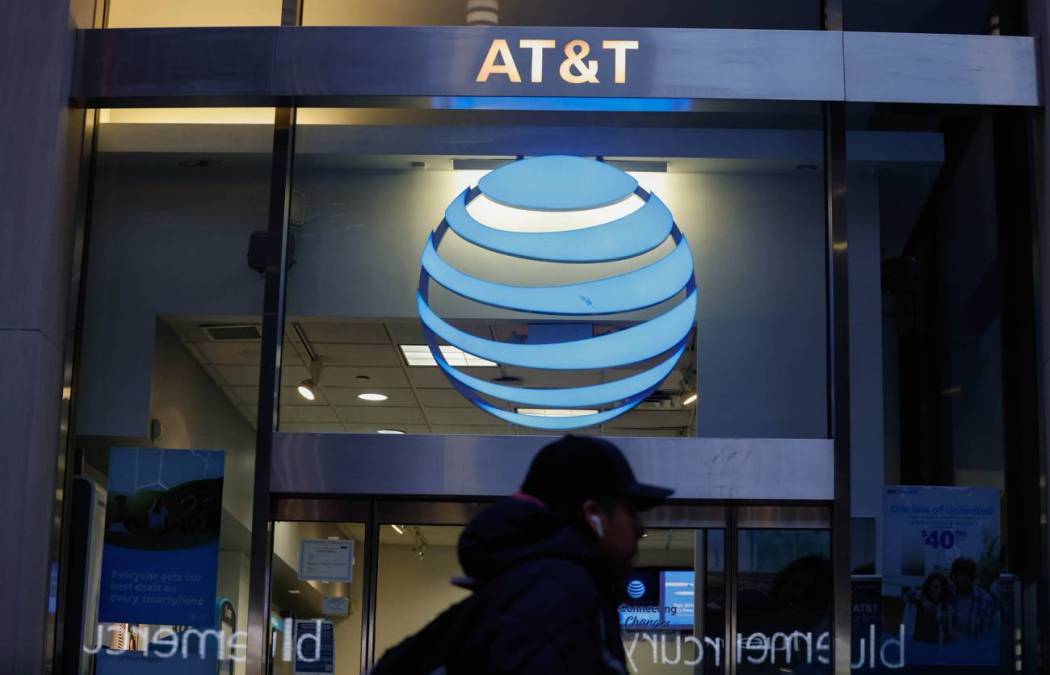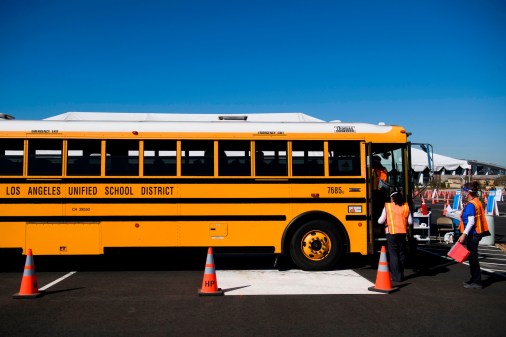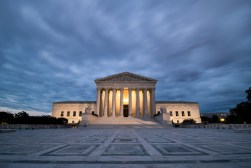A 2008 whistleblower case could force AT&T to repay millions it took for school, library internet subsidies

Following a decision last week by a federal judge in Wisconsin to send a whistleblower case from 2008 to trial, an AT&T subsidiary could be forced to repay millions it received in federal subsidies for providing internet services to schools and libraries.
The case, United States ex rel. Heath v. Wisconsin Bell, Inc., was originally filed by Todd Heath, a whistleblower, in 2008. He claimed that the company was overcharging schools and libraries for broadband services, more than allowed by the Federal Communication Commission’s E-Rate program. More than 17 years of litigation later, Judge Lynn Adelman of the U.S. District Court for the Eastern District of Wisconsin last Thursday denied AT&T’s motion for summary judgment, allowing the case to proceed to trial in January.
Central to the case is a debate over whether money dispersed through the E-Rate program counts as federal funds under the False Claims Act. The claims law only allows for the recoup of funds distributed by federal entities to private companies, and whistleblowers can use the law to sue companies if they are defrauding the government through false claims about the dollar value of a contract or subsidy.
To answer this question, the courts had to determine if the Universal Service Administrative Company — the private, nonprofit corporation established by the FCC’s Universal Service Fund to oversee and manage the fund’s revenue and distribution — was considered a quasi-federal entity. Earlier rulings found the Claims Act didn’t apply to E-Rate reimbursement requests because USAC is a corporation.
But the U.S. Supreme Court took the case last year, ruling in a 9-0 decision to protect the USF, finding that the FCC did not exceed its authority when it established the fund in 1996 to subsidize “universal” service. It also found that the USAC is considered a federal entity, and therefore any loss to the fund via the E-Rate program constitutes a loss to the federal government, and is therefore eligible for recuperation under the False Claims Act.
With the judge’s denial of AT&T’s motion for summary judgement, the company may have to repay all E-Rate funds received under the False Claims Act for servicing schools and libraries from the years 2002 through 2015. This amount could total into the hundreds of millions of dollars.
AT&T did not respond to a request for comment.
This is not the only case where AT&T was alleged to have overcharged school and libraries through E-Rate. In 2016, the FCC issued a “Notice of Apparent Liability” to AT&T, which alleged that the company violated the terms of the program in Florida, and failed to charge schools in Orange and Dixie counties the lowest corresponding price for the services they provided.
Corrected Nov. 10, 2025: The vote in the Supreme Court decision last year to protect the Universal Service Fund was 9-0, not 6-3 as earlier indicated.






